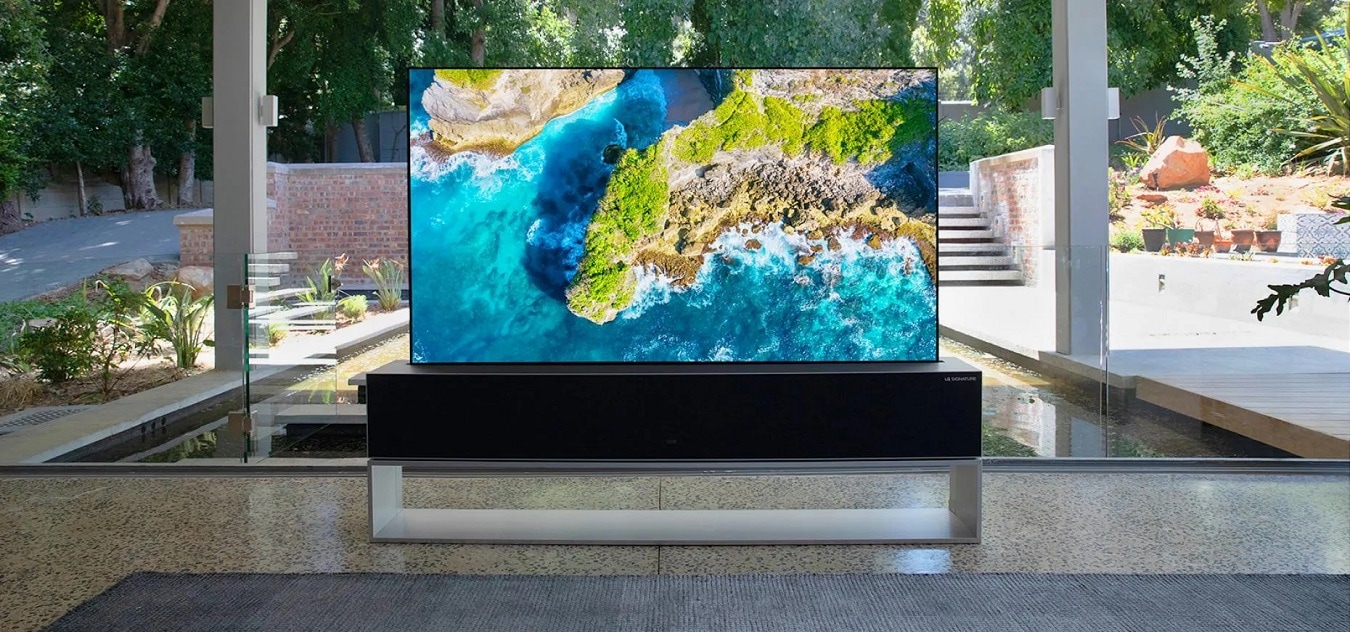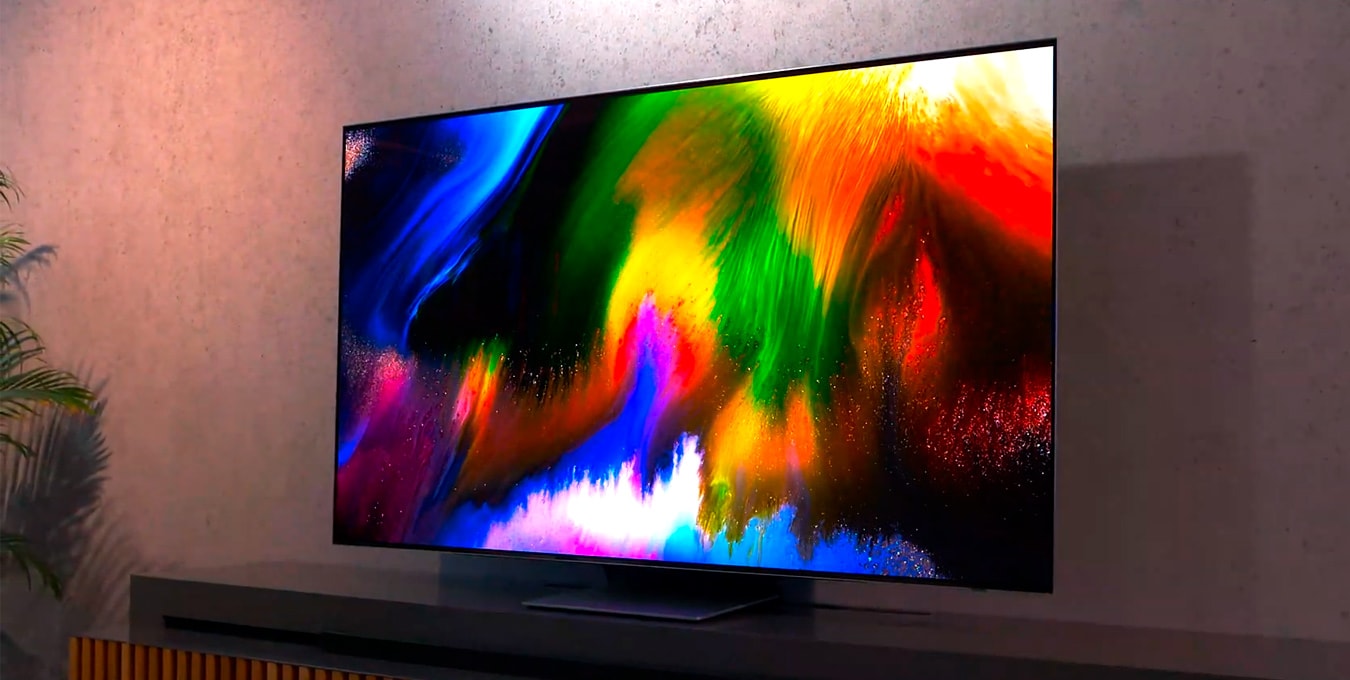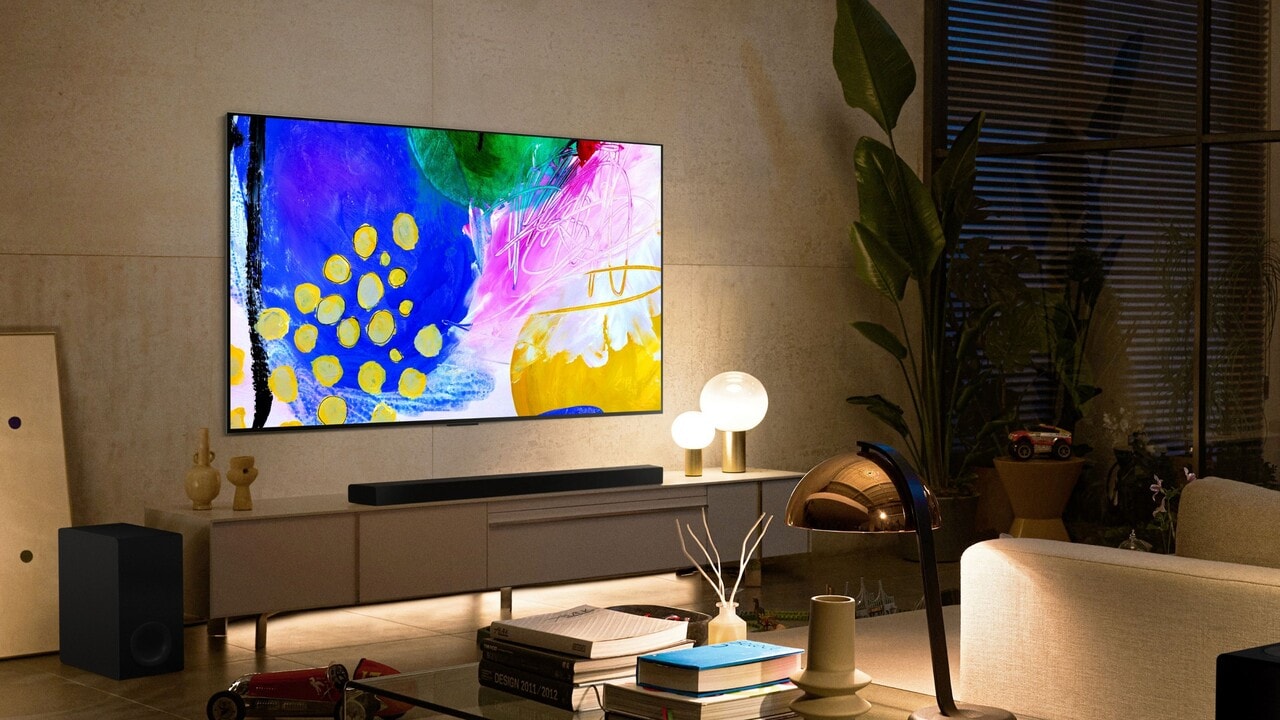
The situation of the OLED technology is causing surprising movements. We are talking about the agreement that Samsung and LG have reached, two historical rivals from the beginning, so that LG Display supplies OLED panels to Samsung Electronics.
The reason for this movement was the rise in the price of LCD panels. Samsung no longer manufactures this type of film and it was becoming more profitable to use organic light-emitting diode technology.
Samsung had no choice but to make the leap to OLED

Thus, Samsung has had no choice but to embrace OLED technology, despite the fact that he has always been his biggest critic. To the point that the company’s marketing department does not want to launch these Samsung OLED televisions on the South Korean market because of the damage it could do to the prestige of the brand.
Finally, the talks came to fruition and LG Display will send 2 million M-type OLED panels (the one that mounts the LG OLED A1) to Samsung Electronics for a range of cheap OLED Smart TVs that it will present at the IFA in Berlin.
LG wants to ally with Samsung and jointly manufacture OLED panels
Now, LG has taken a step that no one expected: inviting Samsung to collaborate in the manufacture of its next generation of OLED panels. And reasons are not lacking for making this decision.
It has been for a OLED technology conference in Korea and carried out by UBI Research where these very interesting data have been revealed. The CEO of UBI Research, Choong-Hoon Lee, indicated that “since the Last year, OLED television was the main protagonist. There are topics like Samsung Display re-entering the big OLED business (with its QD-OLED panels), sales of QD-OLED TVs between Samsung Electronics and Sony, and the visualization of the collaboration between Samsung Electronics and LG Display.”
To begin with, a collaboration between these giants will make OLED technology gain more weight. According to Lee, “If Samsung Electronics buys OLED panels from LG Display and conducts OLED TV business, LG Display and Samsung Display they can supply a total of 12 million OLED TV panels this year. Among them, the demand is 11.7 million units and the oversupply represents only 3%”making it clear that it is a very lucrative business for both parties.
Samsung is going to cause OLED TV sales to skyrocket
To this must be added the fact that Samsung is the world leader in television sales and would catapult OLED technology if it offered organic light-emitting diode televisions. “With the addition of Samsung Electronics, demand for OLED TV panels is expected to rise from 13 million units in 2023 to 20 million units in 2025. Based on the expanding market, companies will need to expand their installations by the third quarter. of this year”.
The most surprising thing comes with the following statement made at the 2022 OLED Korea Conference, and where they indicate that LG Display, the division of the company that is responsible for manufacturing OLED panels, has invited Samsung Electronics to invest in its next generation of 10.5G panels.
It should be remembered that LG is currently trying to raise funds to expand its 8.5 generation OLED line since last year, and new machines are expected to start arriving later this year. Enough to cover worldwide sales forecasts (13.5 million units in 2023 and 16 million units in 2024).
The problem is that LG does not have the ability to expand on the 10.5G generation anytime soon, and in 2025 it will not have the capacity to produce 20 million units. So you have no choice but to look for economic partners. And it is the best time for Samsung.
China wants to keep the OLED market
We couldn’t forget about China, another of the main players in the market. It should be remembered that the government is investing a lot of money so that the main panel suppliers are able to develop OLED technology capable of compatibility with LG and Samsung solutions. They are even hiring Korean engineers who have worked in these companies for this purpose.
The Korean government’s response has been to build an OLED research center where Samsung, LG and other manufacturers will work together. For this reason, LG does not lack reasons to make this proposal. And Samsung knows that, with its entry into the OLED market, sales of OLED Smart TVs are going to grow significantly these years, so if it wants to meet demand, it will have to invest in the technology of its great rival. Or focus on expanding its QD-OLED factories and evaluating offering different ranges of this type of television.






